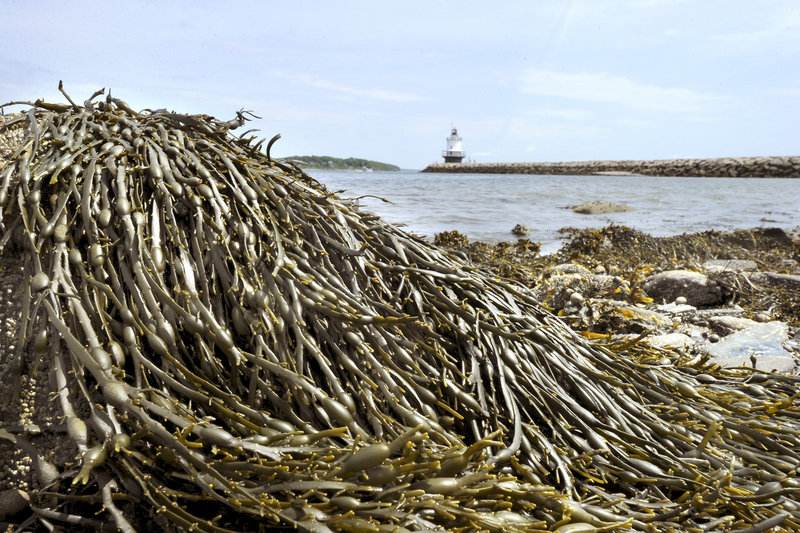



:quality(70)/cloudfront-us-east-1.images.arcpublishing.com/adn/FBBK46WUSBBMLOIJJ5QYAHCOKM.JPG)
:quality(70)/cloudfront-us-east-1.images.arcpublishing.com/adn/PYP6QDAFN5AVNMFKQAS7NK7PPA.jpg)
:quality(70)/cloudfront-us-east-1.images.arcpublishing.com/adn/PVCLRHVPNNH3VOMPBKMR5PT2GQ.jpg)

In 1867, the United States purchased Alaska from Russia for $7.2 million, a deal negotiated by U.S. Secretary of State William H. Seward and Russian Ambassador Eduard de Stoeckl. Initially mocked as 'Seward's Folly,' the value of Alaska became apparent after the Klondike Gold Rush in 1896 and the discovery of oil in Prudhoe Bay in the 1950s. Today, Alaska is a major contributor to the U.S. economy, rich in natural resources including oil and gold, and its acquisition was influenced by Russia's desire to prevent British control over the territory [7b45743d].
Coastal communities like Maine and Western Alaska have unlocked their economic potential through various initiatives and efforts. In Maine, the rockweed harvesting industry has provided income opportunities in regions with limited traditional employment. Additionally, families in rural Maine have embraced gig jobs to make ends meet, showcasing the importance of adaptability in these communities [de9bf835]. In Western Alaska, activist Harold Sparck has played a crucial role in transforming the economic structure of the Bering Sea fishing industry. His efforts have led to the establishment of nonprofits that utilize pollock earnings to finance economic development in Alaska communities, bringing new opportunities to the region [90af6a9c]. Another influential figure in Alaska's economic development is Vic Fischer, the last surviving delegate to Alaska's Constitutional Convention. Fischer's contributions to the statehood movement, the formation of municipal government in Anchorage, and the founding of the University of Alaska's Institute of Social and Economic Research (ISER) have shaped the state's history [2f12bfb2].
The lessons from Luxembourg's approach to innovation and economic diversification can provide valuable insights for Alaska's economy. Despite its small size, Luxembourg has successfully transformed its economy by leveraging its existing resources and supporting innovation, particularly in the space industry. The country's clear vision, long-term commitment to space, and support for startups have resulted in a significant portion of Luxembourg's GDP being space-related. Luxembourg's government has established programs and agencies to foster startup growth, attract international businesses, and develop the necessary skills and education for future industries [a9cc8872]. Alaska, with its abundant natural resources and strategic advantages, can learn from Luxembourg's strategies to cultivate its own economy in sectors such as commercial space, climate technology, and the energy transition. By embracing a forward-looking mindset and becoming a launch pad for a sustainable and innovative economy, Alaska can retain young talent, create opportunities, and reshape its narrative [a9cc8872].
Alaska's rich history of mining various metals and commodities, including gold, silver, lead, zinc, coal, peat, rock, sand, and gravel, positions it as a storehouse of critical minerals necessary for modern life. In February 2022, the U.S. Geological Survey (USGS) released a list of 50 mineral commodities critical to the U.S. economy and national security. The United States relies heavily on imports for many of these minerals, with China being the primary source. National security concerns have been raised due to China's export restrictions on critical minerals. Alaska is well-positioned to contribute to the production of critical minerals due to its diverse geology and ongoing exploration programs. The location of the next mine in Alaska that produces critical minerals will depend on U.S. mineral policy and market conditions [d4a3bb12].
New Hampshire earned its moniker, 'The Granite State,' due to its vast deposits of granite, which is the state's official rock. The state holds a rich history deeply intertwined with the extraction and use of granite. Granite quarrying was a booming industry in New Hampshire from the 1800s through much of the 1900s, providing jobs and prosperity. The granite industry had a profound economic impact on the state, contributing to its growth and development. Granite also holds cultural significance in New Hampshire, symbolizing strength, permanence, and pride. The stone has left an indelible mark on the state's landscape and architecture [434395f2].
Alaska's rich resources and strategic significance continue to dominate its importance in the contemporary world. Its abundance of critical minerals presents a valuable resource for the United States, reducing reliance on imports and enhancing national security. The state's diverse geology and ongoing exploration programs position it as a potential contributor to the production of critical minerals. However, the location of the next mine in Alaska that produces these minerals will depend on U.S. mineral policy and market conditions [d4a3bb12] [1a5da254].